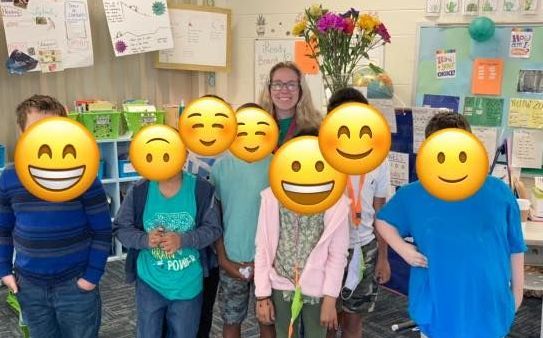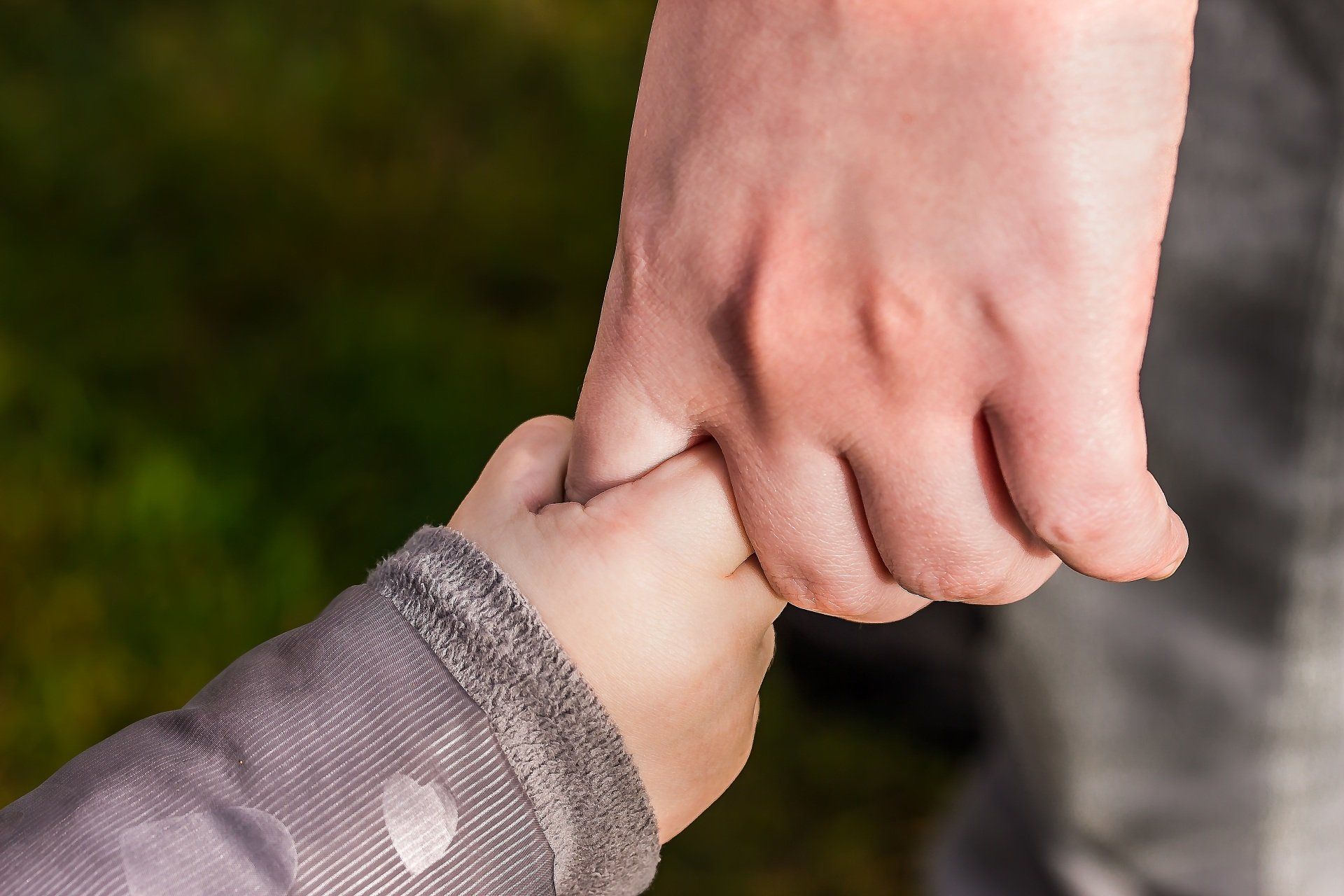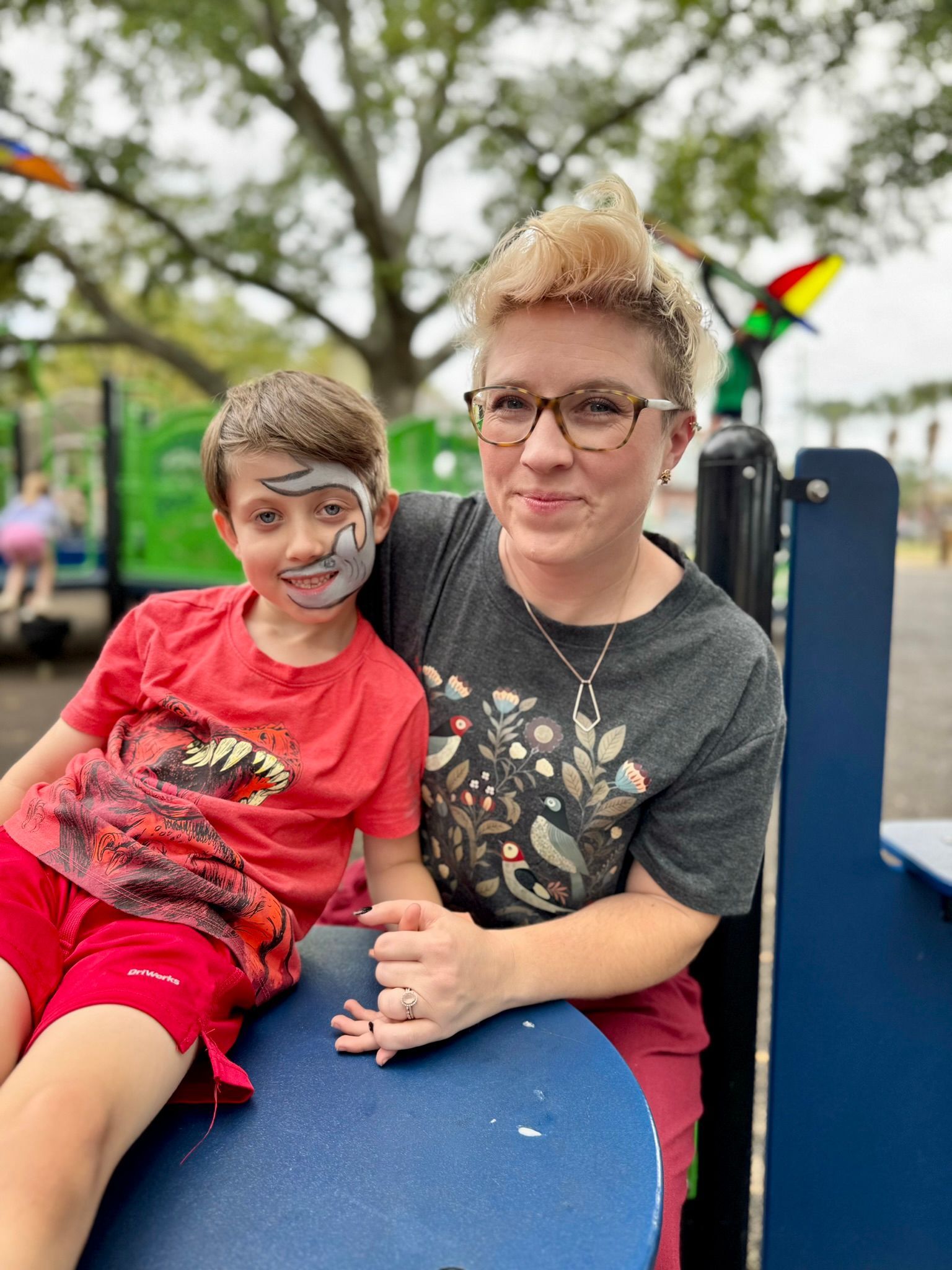
Embarking on the path to kindle your child's enthusiasm for education is a transformative adventure. This guide from The Empowered Parent delves into innovative techniques designed to maintain your child's excitement and engagement with learning. From leveraging technology through educational apps to immersing them in real-world explorations, the strategies outlined here aim to spark curiosity and transform education into a captivating journey for your young ones. Discover Through Educational Apps Introducing your children to educational apps that match their learning level and interests can significantly enhance their engagement. By integrating technology with learning, you encourage them to explore subjects fun and interactively. Creating custom games that complement their curriculum can further personalize the learning experience, making education enjoyable and effective. (See https://www.verywellfamily.com/best-educational-apps-4842094 ) Exhibit Lifelong Learning Demonstrating your dedication to education by actively engaging in your own learning journey provides a powerful model for your children. Pursuing educational objectives or mastering new skills illustrates the significance and pleasure of continuous learning. This inspires them and embeds the notion that education is an enriching and perpetual endeavor. To underscore this point, these psychology degrees (See https://www.phoenix.edu/online-psychology-degrees.html ) teach the ins and outs of human behavior, equipping students to help others. Check resources online for a psychology degree that fits your schedule, and show your children the tangible steps you're taking toward personal growth and intellectual development. Foster Passion Projects Encouraging your children to pursue projects based on their interests can lead to profound learning experiences. Whether it involves robotics, gardening, or music, supporting these endeavors fosters creativity and curiosity. Such projects keep them engaged and help them understand the practical applications of their knowledge, enhancing their learning journey. (See https://www.collegetransitions.com/blog/passion-project-ideas-for-high-school-students/ ) Explore the World Around Visits to museums, science centers, and nature parks introduce your children to a world of learning outside the classroom. These outings offer hands-on educational experiences and the opportunity to create lasting memories. Engaging with history, science, and nature in this way brings textbook concepts to life, providing a broader context for their studies. (See https://heart2heartteaching.com/blogs/news/6-reasons-why-visiting-a-national-park-with-kids-is-an-educational-and-enriching-experience ) Leverage Multimedia Resources Supplementing your child's education with videos, podcasts, and interactive websites can make learning more dynamic. These resources present information in engaging formats, catering to various learning styles. Integrating multimedia into their studies provides alternative avenues for exploration and understanding, enriching their educational experience. (See https://www.pcmag.com/picks/the-best-online-learning-services-for-kids ) Cultivate Reading Habits Establishing a routine for family reading, visiting libraries, or forming a book club can ignite a passion for reading. Early exposure to literature opens up worlds of imagination and knowledge, laying the foundation for a lifelong love of learning . This practice improves literacy and enhances their ability to understand complex concepts and ideas. (See https://www.understood.org/en/articles/14-ways-to-encourage-your-grade-schooler-to-read ) Connect Learning to Everyday Life Illustrating how education intersects with everyday activities enhances the significance of learning for children. By integrating practical experiences such as cooking or engaging in conversations about current events, children begin to recognize the value of their educational pursuits. This method not only aids in their understanding of complex ideas but also instills a perception of learning as a fundamental aspect of daily existence. It further enriches their educational journey by revealing its practical impacts on the world around them. Encourage Curiosity at Home Establishing a home atmosphere that values curiosity and the pursuit of knowledge is essential in nurturing a passion for learning. By encouraging inquisitive questions and supporting their search for solutions, you aid in shaping your children's perspective of education as a thrilling and infinite adventure. This approach enriches their intellectual growth and reinforces that the quest for understanding is a valuable and lifelong endeavor. (See https://www.theempoweredparent.us/how-can-parents-help-their-teen-make-healthy-life-choices ) Your role in shaping your child's perspective on education cannot be overstated. Adopting these creative strategies lays the groundwork for a robust passion for knowledge that will accompany them throughout their lives. As we venture together on this path, we have the privilege of witnessing our children grow into curious and engaged learners, equipped with the tools to explore the vast landscape of knowledge before them.

As a parent, it's common to feel angry at yourself for a variety of reasons. One reason could be frustration with your parenting skills . You might feel like you're not doing a good job as a parent and that you're not meeting your child's needs, leading to a feeling of inadequacy that can lead to anger and frustration. Another reason for feeling angry at yourself could be difficulty managing your emotions . You might lose your temper with your child or feel overwhelmed, and then feel guilty for your behavior. Comparing yourself to other parents can also lead to feelings of anger and inadequacy. You might see other parents who seem to have it all together and feel like you're not measuring up. This can lead to unrealistic expectations and self-doubt. Guilt over your own behavior is another reason you might feel angry at yourself. If you yell at your child or use physical punishment, you might feel like you're going against your own values or beliefs. Finally, setting unrealistic expectations for yourself or your child can also lead to feelings of anger and frustration. If you expect your child to be perfect or expect yourself to handle every situation perfectly, you're setting yourself up for disappointment and self-doubt. It's understandable to feel guilty or angry at yourself when you lose your temper or don't live up to your standards as a parent. Here are some strategies that may help you move through those feelings: Practice self-compassion: Instead of being hard on yourself, try to show yourself kindness and understanding. Remind yourself that everyone makes mistakes and that it's okay to not be perfect. Apologize and make amends: If you've hurt someone with your words or actions, it's important to apologize and make things right. This can help you move past your feelings of guilt and repair any damage that has been done. Reflect on what triggered your behavior: Try to identify what led you to lose your temper or fall short of your standards. Was it stress, fatigue, or something else? Understanding your triggers can help you avoid similar situations in the future. Seek support: Talking to a trusted friend or therapist can help you process your feelings and develop strategies for managing your emotions in the future. Practice self-care: Taking care of yourself can help you feel better and reduce your stress levels. Make time for activities that you enjoy, such as exercise, meditation, or reading. Remember that parenting is a difficult job, and it's normal to have moments of frustration or anger. By practicing self-compassion, reflecting on your behavior, and seeking support when you need it, you can move through these feelings and become a more effective and fulfilled parent.

I was parented with power-over parenting. This is basically an authoritarian form of parenting in which the caregivers seek to be “in control” of their children. Furthermore, I was taught in school with a power-over approach…having little room for saying “no,” expressing emotions other than gratefulness and happiness, self-expression, or non-judgmental advice. I am appreciative of my childhood and the opportunities I had growing up, and I am lucky to have a relationship with all of my parents and I love them all deeply; but there were definitely parenting areas -now as an adult- that I see could have really transformed who I was and transformed the relationships I had with family, friends, boys, bosses. When I became a teacher at the age of 20, I was a power-over teacher. That’s what I thought I had to be in order to look like I had it “all going on.” I tried to control my students by using fear, shame, guilt, or trivial punishments to get them to behave. After all, this was how I was brought up so I knew no other way. At 21, I substituted in an EBD (Emotionally & Behaviorally Disturbed) unit for 6 months. What I learned during that time was that previous teachers and even parents had run out of ways to control these children. So in stepped me, thinking I could do it with my power-over style. However, I quickly realized that all those boys needed to bring out the positive in them was a positive, safe, and loving relationship. And that person became me! Unintentionally, I had shifted from trying to control the boys to simply accepting them. And what followed was cooperation, learning, and trust… much more valuable than control. The following 5 years, I taught in general education and slipped back in to my power-over default (this was way before I knew that I even had a default and before I realized the weaknesses in my ways). At age 26, I made the leap to special education and taught students with autism for the following 6 years. It was during this time that I was reminded how important safety, security, and reliability was for children…especially for children who tended to be less accepted, intended to be “normalized” or “controlled,” and whose behaviors and habits often intimidated or confused their adults. As I became more invested in shedding my old habits, I pursued my Masters in Special Education, my Autism endorsement, and trainings in emotional regulation, specifically Zones of Regulation and Conscious Discipline. I met with other professionals including ABA therapists and behavior therapists to learn more about how to meet my students basic needs. The needs were often needs for safety, security, and reliability. The kids needed to know that, no matter what they threw at me that day (literally or figuratively), that they were still GUARANTEED to be met with genuine compassion, understanding, and healthy boundaries that allowed them to succeed. Upon leaving my teaching job, I realized that teachers like me just can’t do it alone. We can’t rehabilitate these children in a school day though that doesn’t stop us from trying. So where does behavior management and emotional intelligence start? It starts at home. The home is meant to be a place of safety, security, and connection…but I’ve seen too many times that parents are just too overwhelmed to prioritize their parenting. And if they try, they are met with defeat as they lack the resources and accountability that a parent coach can offer. So now, I just want to reach more students. And I can do that by reaching their homes, before or during their school-age years, and help so many parents set their children on a course for success academically, behaviorally, emotionally, and socially while also healing and nurturing the parents themselves.

I never anticipated that I was going to become a parenting coach… I had been an elementary school teacher since 2010 and never expected a career change...but after COVID, my workplace began to shift to the negative; and instinctually, my priorities began to shift as well. I had a toddler at the time, and I just wanted to be everything to him that my students were missing at home… and I wanted to protect him from what I was experiencing in the school system. So through teary eyes, I resigned from teaching and became a stay-at-home mom and decided to homeschool my son. I had to change my approach from school-teacher to full-time mom/ homeschool teacher… and it was quite a transition. After 5 months, my son and I finally hit our stride. We became part of 2 homeschool communities and worked out our own rhythm that suited his developmental abilities and challenged him academically. During this time and because of the transition and my deep passion for consciously parenting my son, I decided to embark on parent coaching…first for myself, then for others! I sought out parent coaching for a specific concern…those toddler meltdowns! I just had such a hard time having developmentally appropriate expectations for my toddler, and even more so, I struggled to regulate myself so that I could regulate him! And while I received so much clarifying support for those, the benefits of coaching have seeped into every corner of my relationship with my son, and it has even delved into my relationship with my spouse. The changes that were made through coaching for me... my son and I enjoy a totally SECURE ATTACHMENT. My son is not afraid of me...not scared to show me his feelings, not concerned that I will accept him less under undesirable circumstances, not ashamed to come to me with any and all of his thoughts/concerns/opinions. AND HE KNOWS HE WILL BE 100% loved and accepted; and in that security, we are able to have a deeper understanding of each other's needs and able to conquer those meltdowns in a more effective and loving way. It was easy to decide… I WANT OTHERS TO HAVE THIS! I want other children to have this, all the students I taught and could have taught… I want to make waves through the parenting community so that our children, our students, can love and live unapologetically in this tricky world! People say the world is tough… and peaceful parenting (aka- gentle parenting, conscious parenting) IS NOT FOR THE FAINT OF HEART! It is a true labor of love…and I fully believe that our students and children deserve nothing less.



